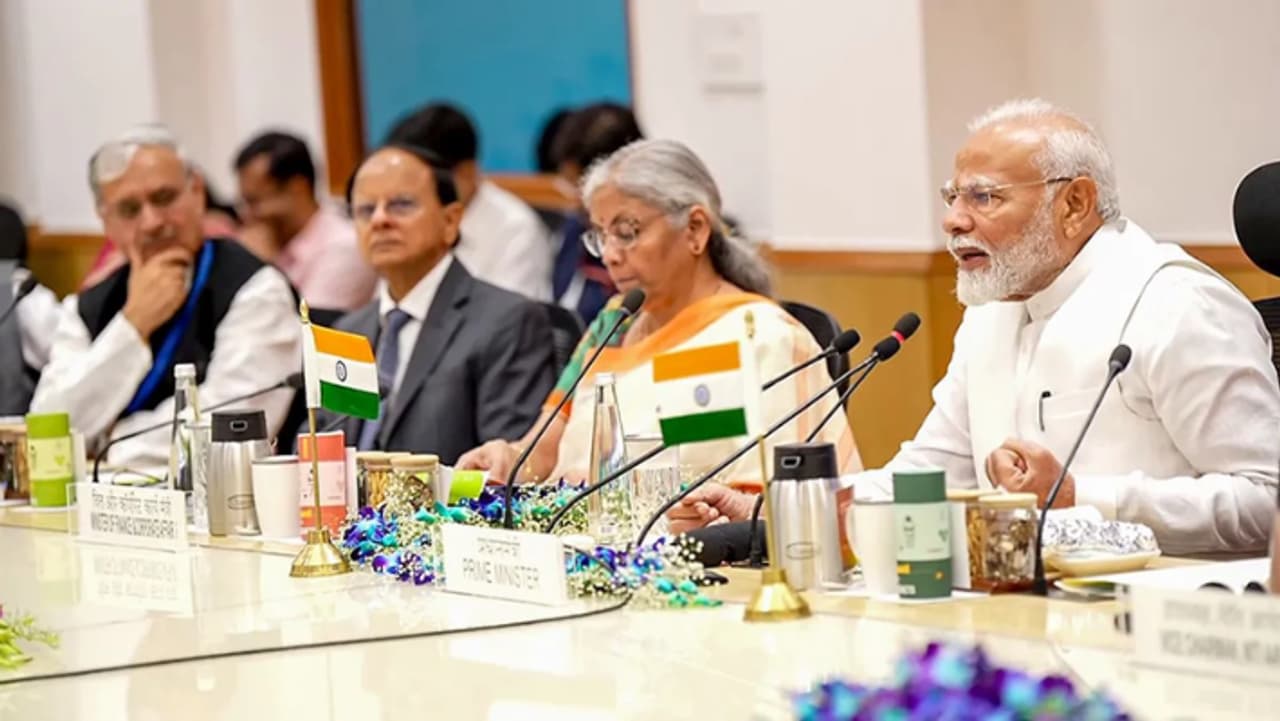Who presented India's first Budget? A look back as Budget 2025 nears
The budget plays a critical role in allocating resources to key sectors like education, healthcare, infrastructure, defence, and social welfare.

The Union Budget of India serves as a cornerstone for the nation’s economic planning, detailing how the government intends to manage revenues and expenditures for the upcoming financial year. This annual document, presented in Parliament, not only outlines the fiscal roadmap but also reflects the government’s vision for economic growth and social welfare.

The budget plays a critical role in allocating resources to key sectors like education, healthcare, infrastructure, defence, and social welfare. By doing so, it addresses the country's developmental priorities while also influencing the economy’s overall trajectory. The Union Budget for 2025-26 is scheduled to be presented by Finance Minister Nirmala Sitharaman on February 1, marking her eighth consecutive budget presentation since taking office in 2019.
Who first presented the Budget in India?
The history of India’s budget dates back to the British colonial era. James Wilson, a financial expert sent to India by Queen Victoria, presented the first-ever budget in the country. Tasked with reforming India’s financial system after the failed 1857 rebellion, Wilson introduced several groundbreaking measures that laid the foundation for modern financial governance.
One of Wilson's major contributions was the introduction of income tax, which remains a vital source of government revenue today. At the time, the British government had debated implementing direct taxes but lacked clarity on execution. Wilson's reforms replaced a poorly designed license tax with a clear income tax system, exempting individuals earning less than Rs 200 per year. He also introduced an updated license tax to complement the income tax regime.
In addition to his taxation reforms, Wilson established an appropriation audit system inspired by English governance practices. This system enabled monthly monitoring of government spending, providing a structured approach to financial management. Despite his short tenure, Wilson's initiatives significantly impacted India's financial stability.
The First Post-Independence Budget
After India gained independence in 1947, the first Union Budget of the newly sovereign nation was presented by RK Shanmukham Chetty, India's first Finance Minister, on November 26, 1947. This budget was crucial for laying the groundwork for the economic policies of an independent India.
Since then, the budget has evolved into a comprehensive economic document, influencing policies ranging from taxation to welfare programs. Over the years, it has also become a tool for driving reforms and encouraging investments in critical areas.
Nirmala Sitharaman's eighth Budget
Finance Minister Nirmala Sitharaman has been at the helm of India's economic planning since 2019. Her tenure has been marked by a focus on digitalization, infrastructure development, and welfare programs. The 2025-26 Union Budget will be her eighth consecutive presentation, and it is expected to address key challenges such as economic recovery, job creation, and sustainable growth.
Stay updated with the Breaking News Today and Latest News from across India and around the world. Get real-time updates, in-depth analysis, and comprehensive coverage of India News, World News, Indian Defence News, Kerala News, and Karnataka News. From politics to current affairs, follow every major story as it unfolds. Get real-time updates from IMDon major cities weather forecasts, including Rain alerts, Cyclonewarnings, and temperature trends. Download the Asianet News Official App from the Android Play Store and iPhone App Store for accurate and timely news updates anytime, anywhere.